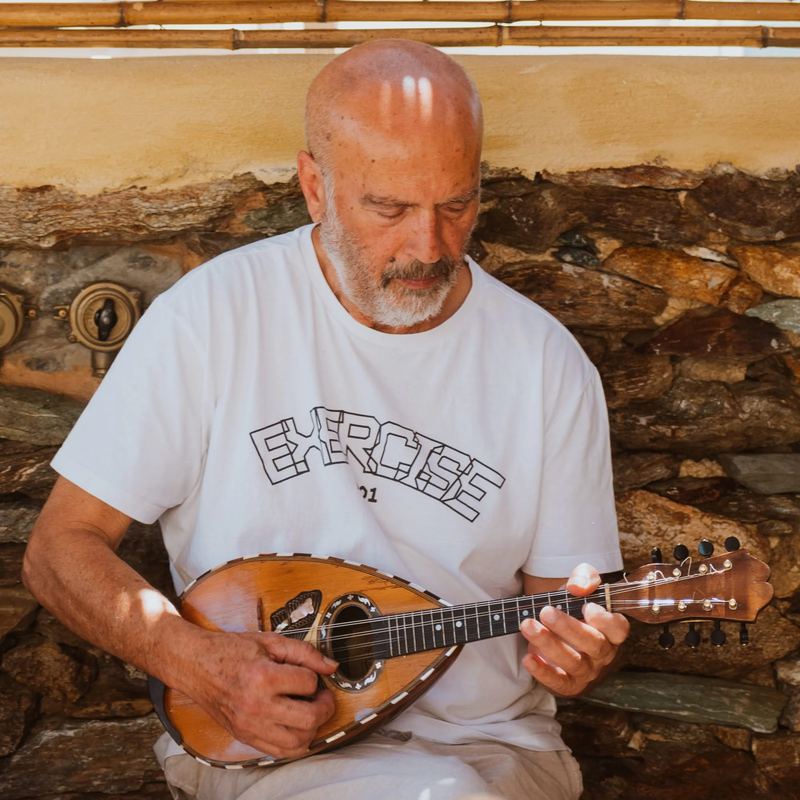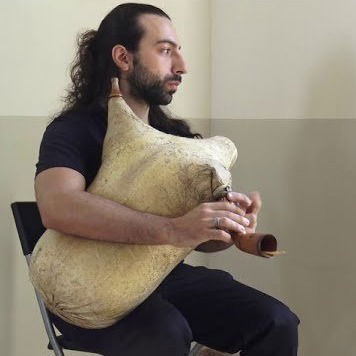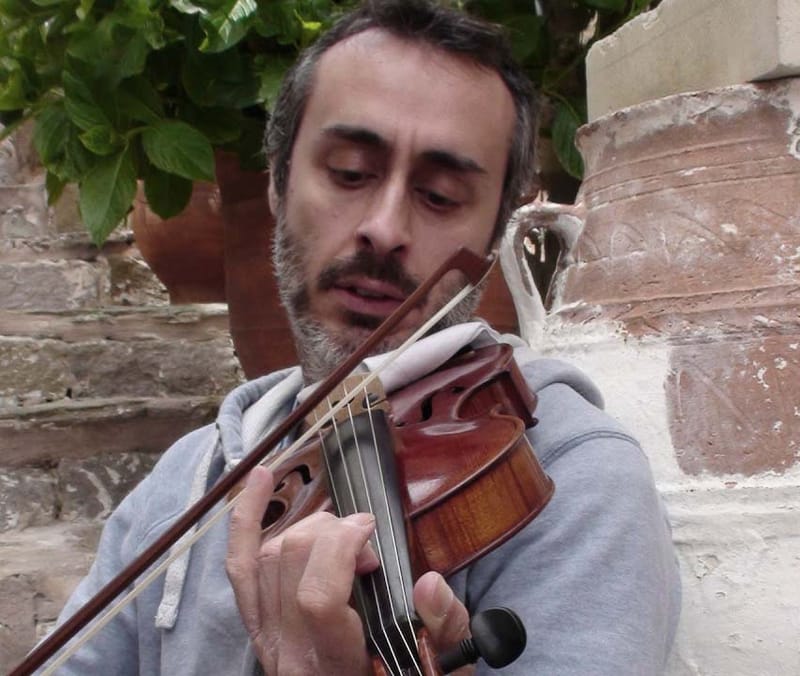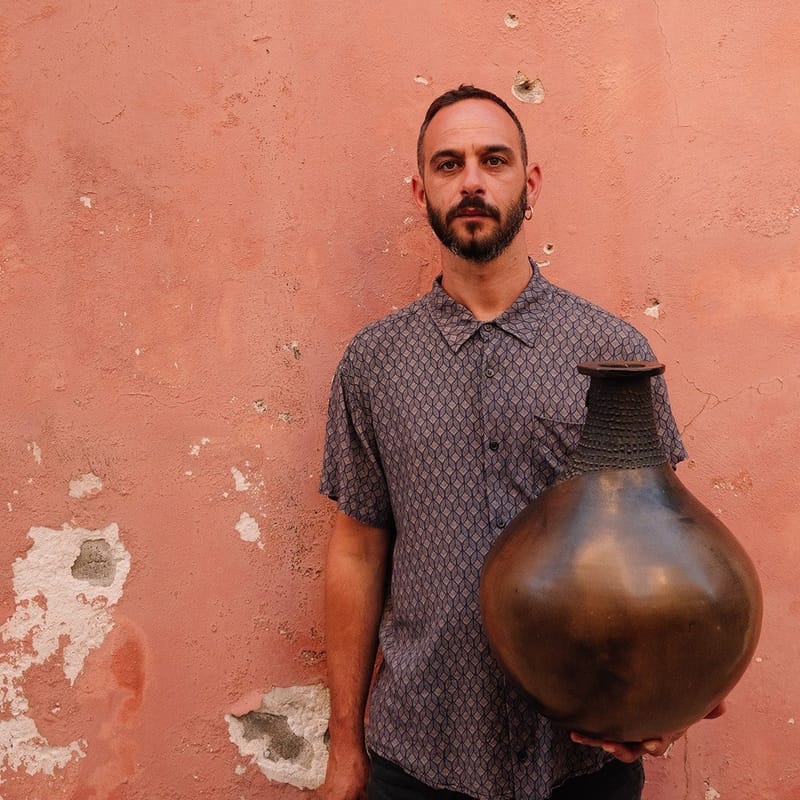music seminars
In Crete, the mandolin appeared during the Venetian rule. In the early 20th century, it was the dominant accompanying instrument for the lyre along with the bulgari. Over time, however, it acquired a leading role in Cretan musical tradition, and nowadays it holds an important position as a melodic instrument. In this workshop, under the guidance of a distinguished mandolin virtuoso, Kostis Avyssinos, the possibilities of the mandolin will be explored, approaching various melodies and tunes found in traditional Cretan music.
The aim of the seminar is for the students to come into contact with the Cretan repertoire through the wind instruments, to learn about the history and role of these instruments and their place in today's Cretan music. We will study traditional repertoire from Crete (contilia, jumping dances, trots) but also from other islands (trots, balls) The seminar is open to all levels. Written material in Western notation will be provided
Melodies and their variations. Improvisation. Expression (melodic variations and unique playing techniques). Their rhythmic and harmonic accompaniment. Song (mantinades). The embellishments of the pidihtos dance. The relationship with the tunes of neighboring regions (within and outside of Crete). Participants should have a basic knowledge of instrument handling, while musical reading and theory are not necessary. The aim is to familiarize participants with the music of the Cretan folk tradition and analyze its unique style.
In the seminar we will study the techniques of the instrument as they arise through its role in the various musical idioms of Crete. This year we will focus on urban songs, which we also find under other names (tabahaniotika, creticorebetika, tunes, etc.). At the same time we will work on the coexistence of many instruments in order to function as a musical ensemble. The seminar is of a workshop nature and is open to all interested people, regardless of their level. It is also open to other musical instruments interested in this repertoire.
In the seminar we will focus on how to study old recordings from the 1920s-1960s and look for those characteristics that make them timeless and an authentic point of reference. The interactive nature of the course with both a theoretical and a practical part will include listening and approaching as much as possible the original recordings, adapted to today's conditions. It is open to all strings. The purpose of the seminar is to guide the student in how to study the above repertoire so that this study can later form the basis of his individual approach to Cretan music.
Σε περίπτωση που θέλετε να μπείτε στη λίστα αναμονής, στείλτε email στο hamezifestival@gmail.com με το ονοματεπώνυμό σας, το σεμινάριο που σας ενδιαφέρει και στοιχεία επικοινωνίας.
The purpose of the seminar is a comprehensive understanding of the multiple role that the lute plays in Cretan music. We will deal with the music of eastern Crete but also with idioms from the rest of the musical traditions of the island, focusing on the first masters and some newer compositions. Emphasis will be placed on the rhythmic education of the instrument during the accompaniment of dances and songs, while at the same time we will attempt to examine its perspectives, through improvisation and techniques, which allow a different viewing and understanding of the lute outside of its traditional role.
The seminar will focus on the different musical idioms of Crete, on techniques, rhythm and exercises based on the percussion found in the musical tradition of the south-eastern Aegean. The purpose of the seminar is to approach both the accompanying role of the percussionists, as well as their essential presence alongside other solo instruments, as has been recorded in the wider Greek area. Western notation and spoken rhythmic systems will be used in the seminar.







